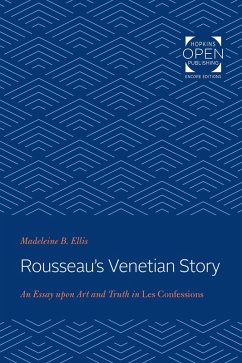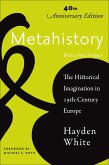Originally published in 1966. This book is primarily a literary study of Rousseau's account of his diplomatic experiences in Venice, contained in book 7 of the Confessions and written in 1769. The author analyzes Rousseau's methods of achieving an artistic rendering of psychological truth in autobiography, as exemplified in his treatment of the events of 1742-1749. Professor Madeleine Ellis contributes to an understanding of Rousseau as a creative artist and positions him vis-a-vis the classical and romantic movements. Ellis collates the text of the Confessions with contemporary correspondence and other documents to show how discrepancies between the two have artistic implications. These implications lead her to define Rousseau's principles and methods as a man of letters and the interrelations of art and truth in his memoirs. In revealing that Rousseau, the memorialist, gives an artistic rendering of psychological truth, Ellis shows Rousseau's attitude toward truth. She does this by following a path of analysis unexplored by previous critics but indicated by Rousseau himself when he says, "e;It is the story of my soul that I have promised . . . I record not so much the events of my life as the state of my soul as they happened."e; Ultimately, the objective of this study is to illustrate the artistic means-literary and rhetorical-employed by Rousseau and their implications for the truth he proposed.
Dieser Download kann aus rechtlichen Gründen nur mit Rechnungsadresse in A, B, BG, CY, CZ, D, DK, EW, E, FIN, F, GR, HR, H, IRL, I, LT, L, LR, M, NL, PL, P, R, S, SLO, SK ausgeliefert werden.









